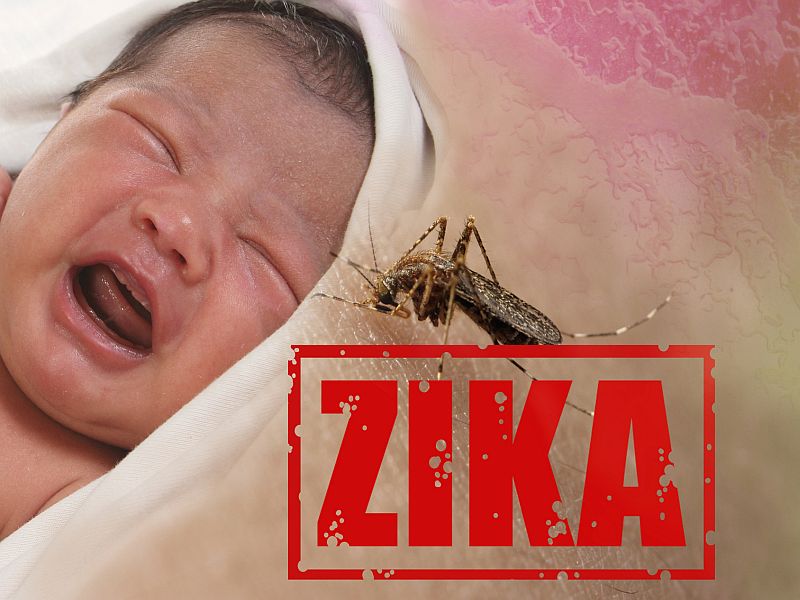
WEDNESDAY, Oct. 12, 2016 — The Zika virus may harm a baby's brain even if the mother is infected just before giving birth, a new study suggests.
It had been believed that Zika infection posed a threat to a baby's brain only if the mother was infected during the first trimester.
Since the Zika outbreak began in Brazil in April 2015, thousands of babies have been born with the devastating birth defect known as microcephaly, in which the head and brain are abnormally small.
The new study included 55 Brazilian women infected by Zika during pregnancy and their infants. Medical imaging revealed that four infants whose mothers were infected with Zika between two weeks and one week before birth had central nervous system lesions characteristic of viral infections.
"These infants were born with normal length and weight, and without microcephaly or any other symptoms of the disease. The lesions would have gone unnoticed by health workers if the mothers hadn't been part of a study group," lead researcher Mauricio Lacerda Nogueira said. He is a professor at the Sao Jose do Rio Preto Medical School (FAMERP), in Sao Paulo State, and a member of the state's Zika Virus Research Network.
Previous research has not associated these lesions with severe complications, but how they will affect brain development is unknown, the researchers added.
"We mean to keep monitoring the development of these babies for several years in order to detect any problems," Nogueira said in a school news release.
"This discovery reveals another spectrum of the disease, making it even more complex," he added. "In addition to the dramatic cases of microcephaly, there are less severe manifestations that need to be properly understood."
The study was published recently in the journal Clinical Infectious Diseases.
Another study by FAMERP researchers and led by Nogueira found that Zika infection can be spread through organ transplants.
They identified two kidney transplant patients and two liver transplant patients who were infected with Zika that was present in their new organs. That study was published recently in the American Journal of Transplantation.
All four patients had to be hospitalized but survived.
"These transplant recipients didn't have the typical symptoms of Zika, such as exanthema [skin rash], itching and conjunctivitis," Nogueira said.
For most people, infection with the Zika virus is relatively harmless with few or no symptoms.
More information
The U.S. Centers for Disease Control and Prevention has more on Zika and pregnancy.
This Q&A will tell you what you need to know about Zika.
To see the CDC list of sites where Zika virus is active and may pose a threat to pregnant women, click here.
Copyright © 2016 HealthDay. All rights reserved.